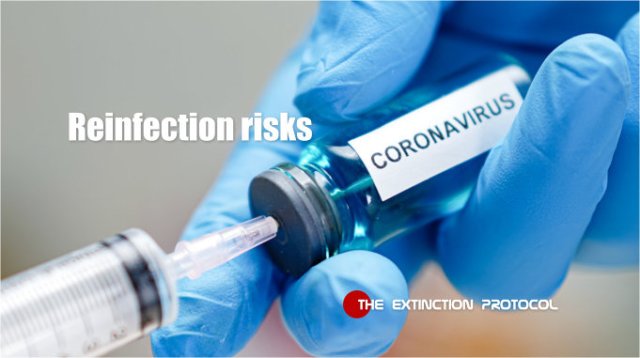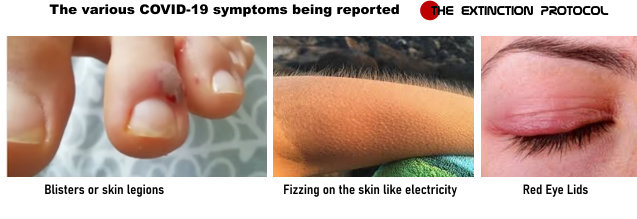WHO officials say it’s unclear whether recovered coronavirus patients are immune to second infection

The World Health Organization officials said Monday not all people who recover from the coronavirus have the antibodies to fight a second infection, raising concern that patients may not develop immunity after surviving Covid-19. “With regards to recovery and then reinfection, I believe we do not have the answers to that. That is an unknown,” Dr. Mike Ryan, executive director of WHO’s emergencies program, said at a press conference at the organization’s Geneva headquarters on Monday.
A preliminary study of patients in Shanghai found that some patients had “no detectable antibody response” while others had a very high response, said Dr. Maria Van Kerkhove, WHO’s lead scientist on Covid-19. Whether the patients who had a strong antibody response were immune to a second infection is “a separate question,” she added. More than 300,000 of the 1.87 million coronavirus cases across the world have recovered, WHO officials noted, adding that they need more data from recovered patients to understand their antibody response, whether that gives them immunity and for how long.

“That’s something that we really need to better understand is what does that antibody response look like in terms of immunity,” Van Kerkhove said. Ryan said there are questions about whether the virus can reactivate after a patient recovers and tests negative for Covid-19. “There are many reasons why we might see reactivation of infection either with the same infection or another infectious agent,” he said. In general, “there are many situations in viral infection where someone doesn’t clear the virus entirely from their system.” Some patients can also clear the main infection but develop a secondary bacterial infection, he said.
The U.S. Centers for Disease Control and Prevention has said that it is developing a test to detect the presence of coronavirus antibodies to determine if a person could be immune to the disease. While such a test can determine who has been exposed to the virus, it’s not clear if it can identify those immune to reinfection, according to the WHO. WHO officials also warned Monday against lifting social distancing restrictions and reopening businesses, even as U.S. political leaders, from President Donald Trump to New York Gov. Andrew Cuomo, have said they hope to reopen businesses as soon as it is safe to do so. “While Covid-19 accelerates very fast, it decelerates much more slowly. In other words, the way down is much slower than the way up,” WHO Director-General Tedros Adhanom Ghebreyesus said at a press conference at the organization’s Geneva headquarters on Monday. “That means control measures must be lifted slowly and with control. It cannot happen all at once.” –CNBC

Ebola: “When the first case of COVID-19 in the Democratic Republic of Congo was declared in early March, the country’s once-packed Ebola treatment centers had been empty for weeks. It was hoped resources could be shifted to combat the new disease. But on Friday — just two days before the World Health Organisation was due to announce an end to an Ebola outbreak that has left more than 2,200 people dead — a new case was reported in the eastern city of Beni. As the spread of coronavirus accelerates across the country, health authorities now have to juggle both responses — while also treating those affected by the world’s worst measles epidemic, an outbreak of cholera, and the victims of Congo’s many ongoing conflicts…” (Kleinfeld/Flummerfelt, 4/13). –KFF

Comments
Post a Comment